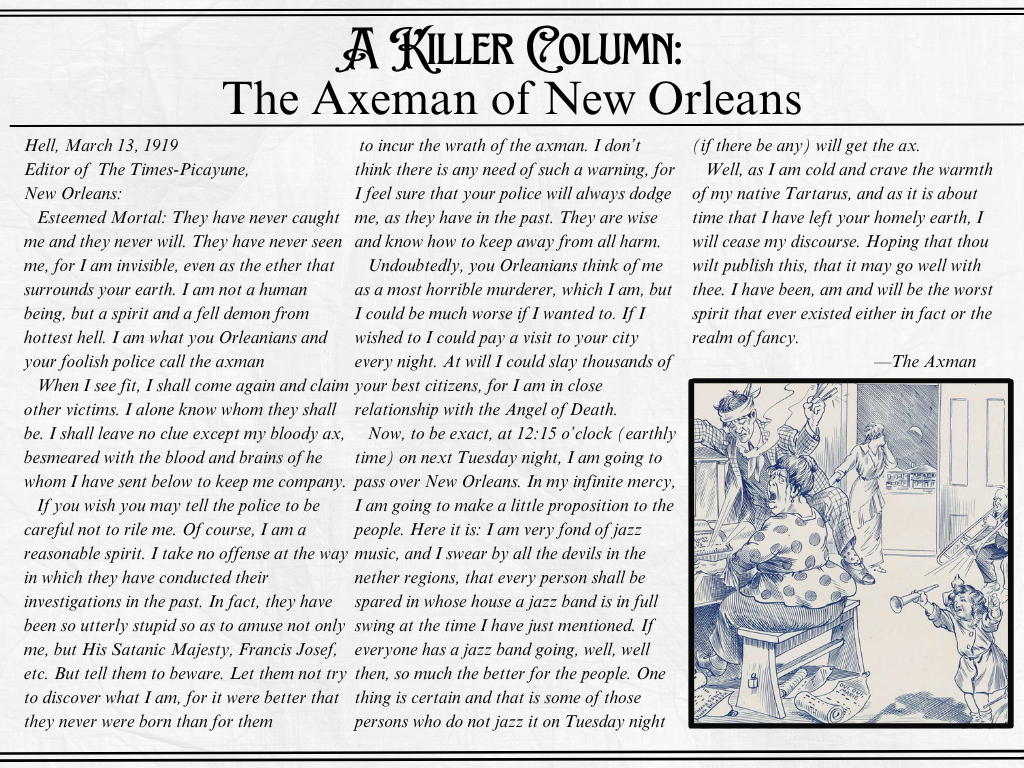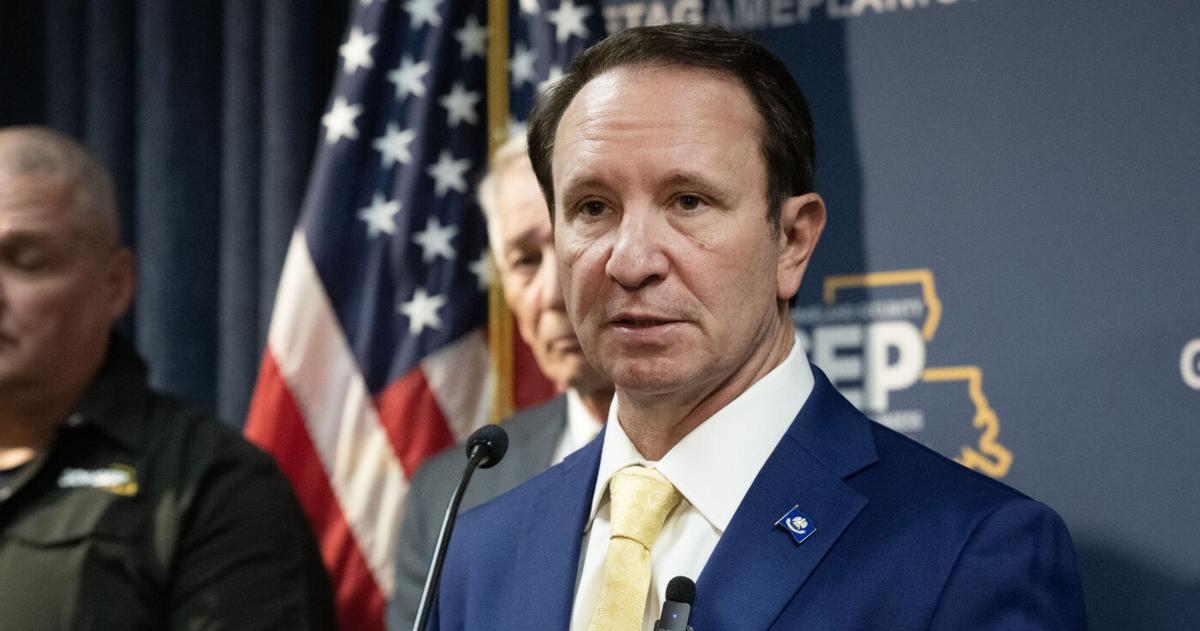Actor from movie fields questions about experiences
The ULM Film Series presented “The Wind That Shakes the Barley” on Oct. 11 with special guest MáirtÍn de Cógáin, who both acted in the film and performed on the soundtrack.
The historical drama is set in Ireland during the early 1920s. It centers on the Irish War of Independence from 1919-1921 and the subsequent Irish Civil War from 1922-1923, and depicts two brothers who, along with other young men from their village, join the Irish Republican Army (IRA) in order to fight for their independence from Great Britain. However, even after cease fire is declared, complications arise when the brothers are divided over the terms of the Anglo- Irish Treaty, which only granted Ireland few freedoms from Britain. Debate among the IRA on whether or not to dispute the terms spurred the Irish Civil War, literally pinning brother against brother.
“The Wind That Shakes the Barley” was released in 2006, and it won the Palme d’Or, the equivalent of Best Picture, at the Cannes Film Festival.
The film was shown at ULM in collaboration with the Northeast Louisiana Celtic Fest, which took place Oct. 15 and featured de Cógáin as an entertainer.
While addressing the audience before the movie was shown, de Cógáin described the “great luxury” to have been a part of and to be connected with the award-winning film.
He described the one week of training with the Irish Army required to shoot his scenes and how each actor was only given a script of his own lines.
Cógáin allowed a brief question and answer period, and he serenaded the audience with “Óró, Sé do Bheatha ‘Bhaile,” a song heard during one of the battle scenes.
Julia Hudleston, a sophomore English major from West Monroe, said about the film, “I really liked it. It brought a mini-culture shock.”
Josh McDowell, a junior majoring in Pre-Professional Health Studies from West Monroe, said, “I thought it was interesting. I could see parallels with the war in the Middle East. The British soldiers take advantage [of Irish] the same way our soldiers do in the Middle East.”






